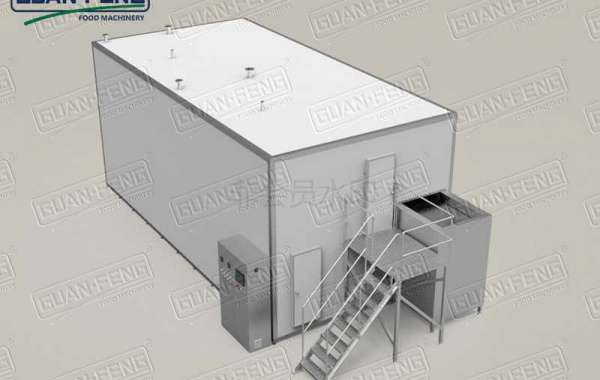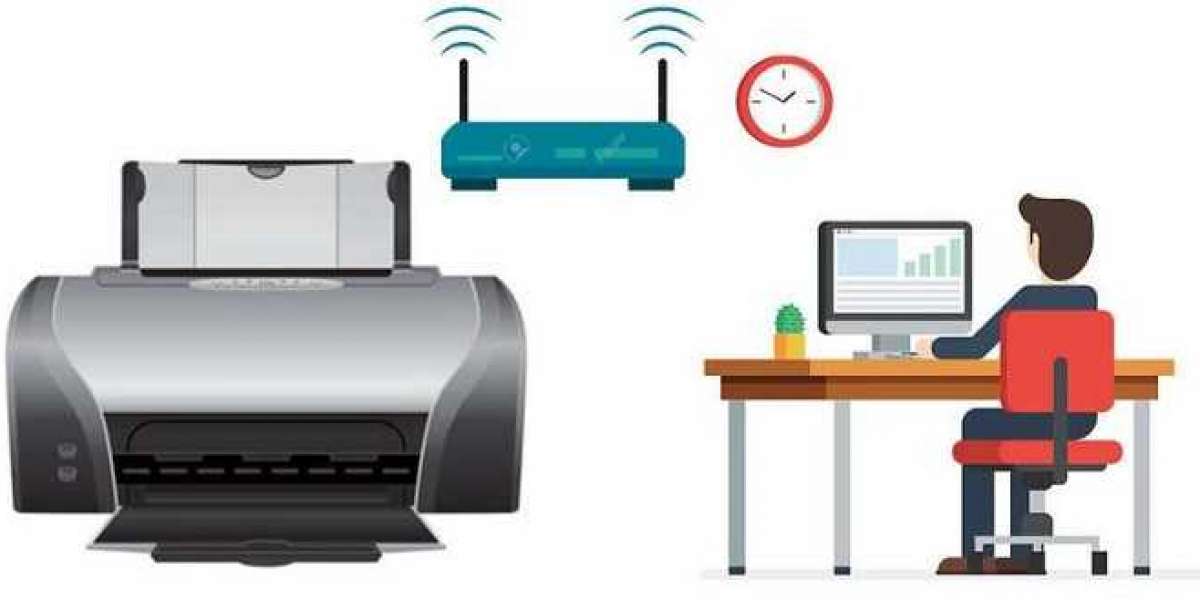There is one common goal between food dehydrators, and that is to remove the water from your food in an efficient manner without inhibiting the nutritional content. In order to do this, the dehydrator must distribute an even airflow and maintain a constant temperature across all trays.
1. Stacking Trays Can Have Greater Capacity
There are two common types of dehydrators. The first is the stacking one, which contains trays that stack on top of each other, and includes a fan that is either mounted in a power unit or in the base. There is a core channel in between the trays for air to filter through. This also allows for the heated air to flow through the outside walls and across the tray so it can exit the machine through the channel. Because of this process, there is no need to rotate the trays. With the ability to stack or remove trays, the machine can accommodate large or small batches.
2. Shelves Can Make it Easier to Check for Doneness
The second type is the shelf dehydrator. Rather than just trays, it has shelf-type trays that slide in and out. This creates a different system of airflow as the fan is mounted in the back of the unit, which blows the air from the back towards the front in a horizontal direction. This process can create a more even dry, so the trays should not need to be rotated. This is also ideal for when you need to slide out the trays to check the doneness of the produce.
However, one drawback is that the shelves limit the capacity of the model. Instead of having the ability to stack more or less trays on, you can only have a certain amount of trays in the shelves. On the plus side, since there is no channel in the middle of the tray, you can utilize more space without having to worry about stacking items around the hole in the middle.
3. Look for an Even Airflow System
The better devices often contain a heating element, even airflow across the trays and a fan. Depending on the model, the power of the heating and fan elements will vary. Generally, the device uses between 300 and 1,000 watts of power, and the fans are 4 to 7 inches in diameter. Some models even have dual fans. It is important to also note that these systems can be rather loud, and are comparable to a stove’s exhaust fan.
4. Maintain Temperatures With an Adjustable Thermostat
Adjustable thermostats are one of the most essential features to look for when purchasing a dehydrator. They can be used to maintain, set and change the temperature. Most thermostats have a range of 95 to 155 degrees F. Since the required temperature for each product can vary, it is important to have a thermostat that can accommodate these temperatures and that can be adjusted accordingly.
5.The Device That Fits Your Needs
When searching for the perfect food dehydrator, it is ultimately important to seek a machine that will best fit your needs. Decide what types of produce or fruits you plan to dry and figure out how much. If you need to check the progress of your dried foods frequently, a shelving device is the best way to go. For great flexibility in capacity, the stacking trays are a great option. Use these food dehydrator facts as a guideline for choosing the best machine for your cooking and preserving needs. Fruit Processing Machine Supplier - Guanfeng offer more helpful articles and technical papers, please visit https://www.gf-machine.com/product/vacuum-freeze-dryer/








